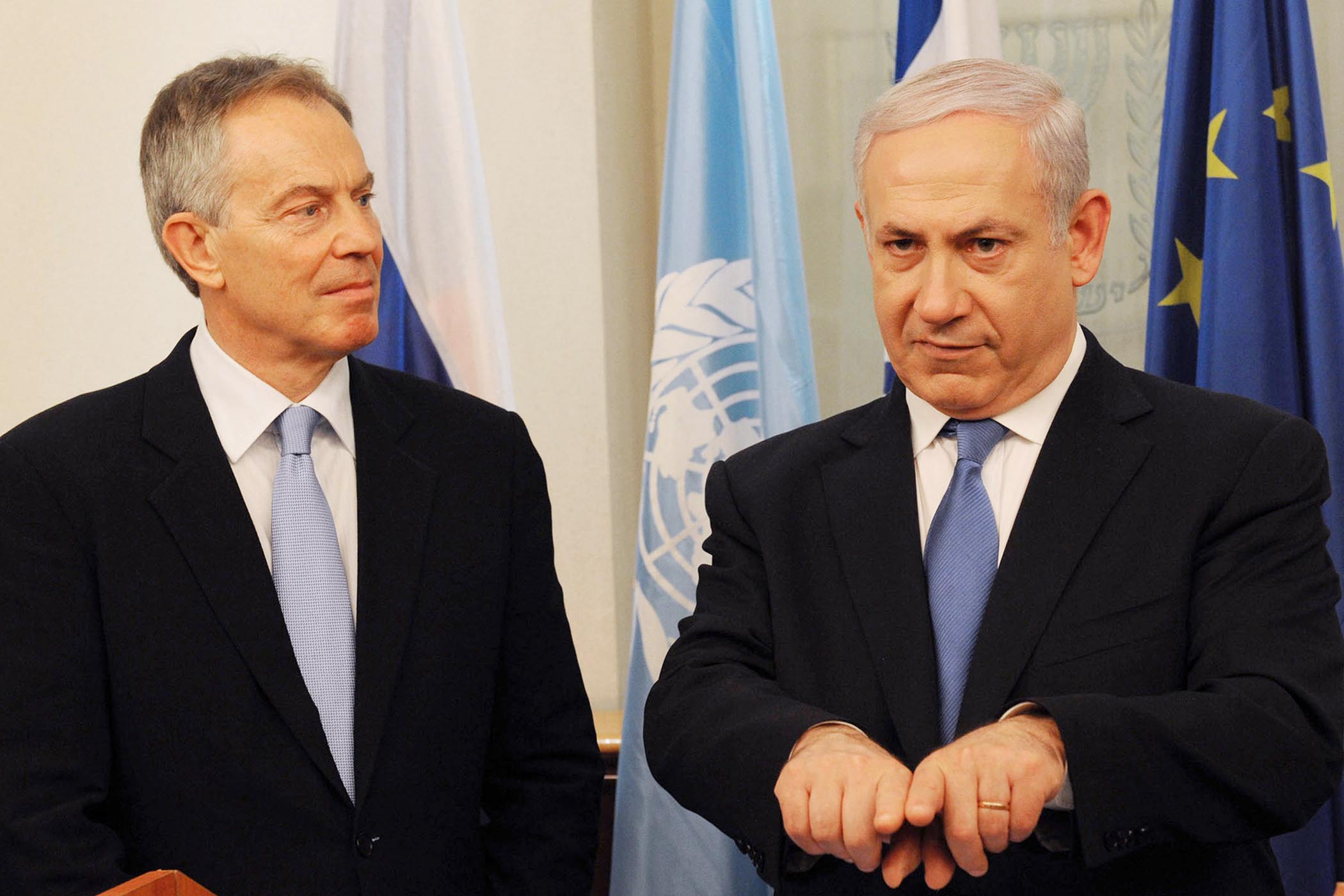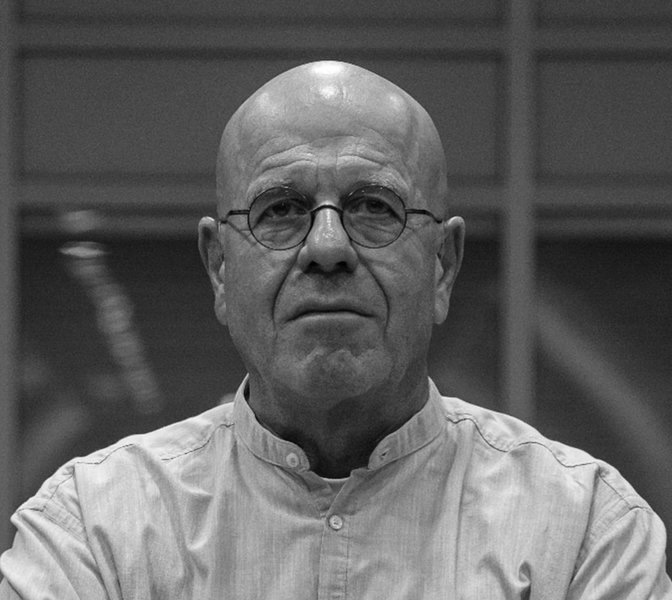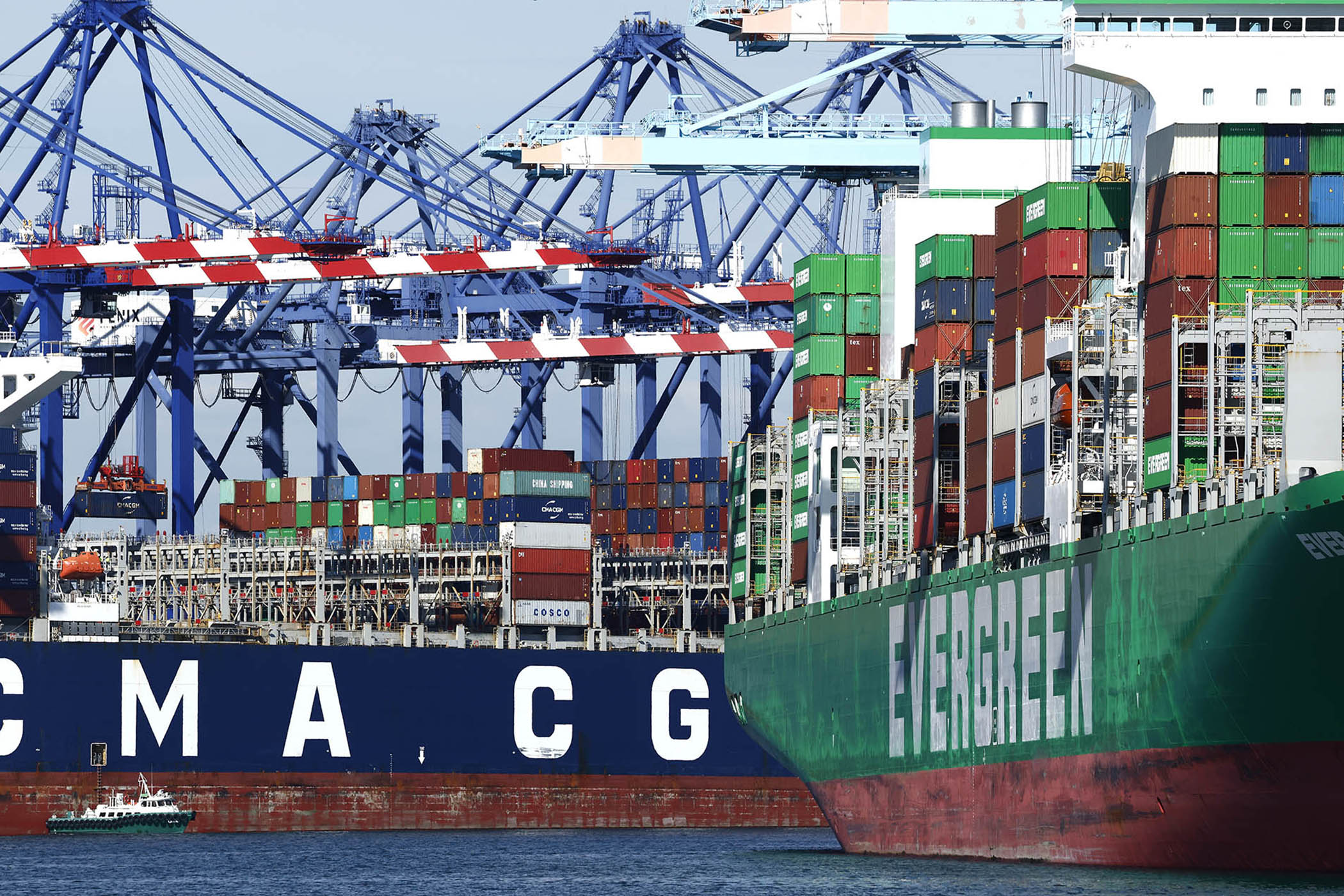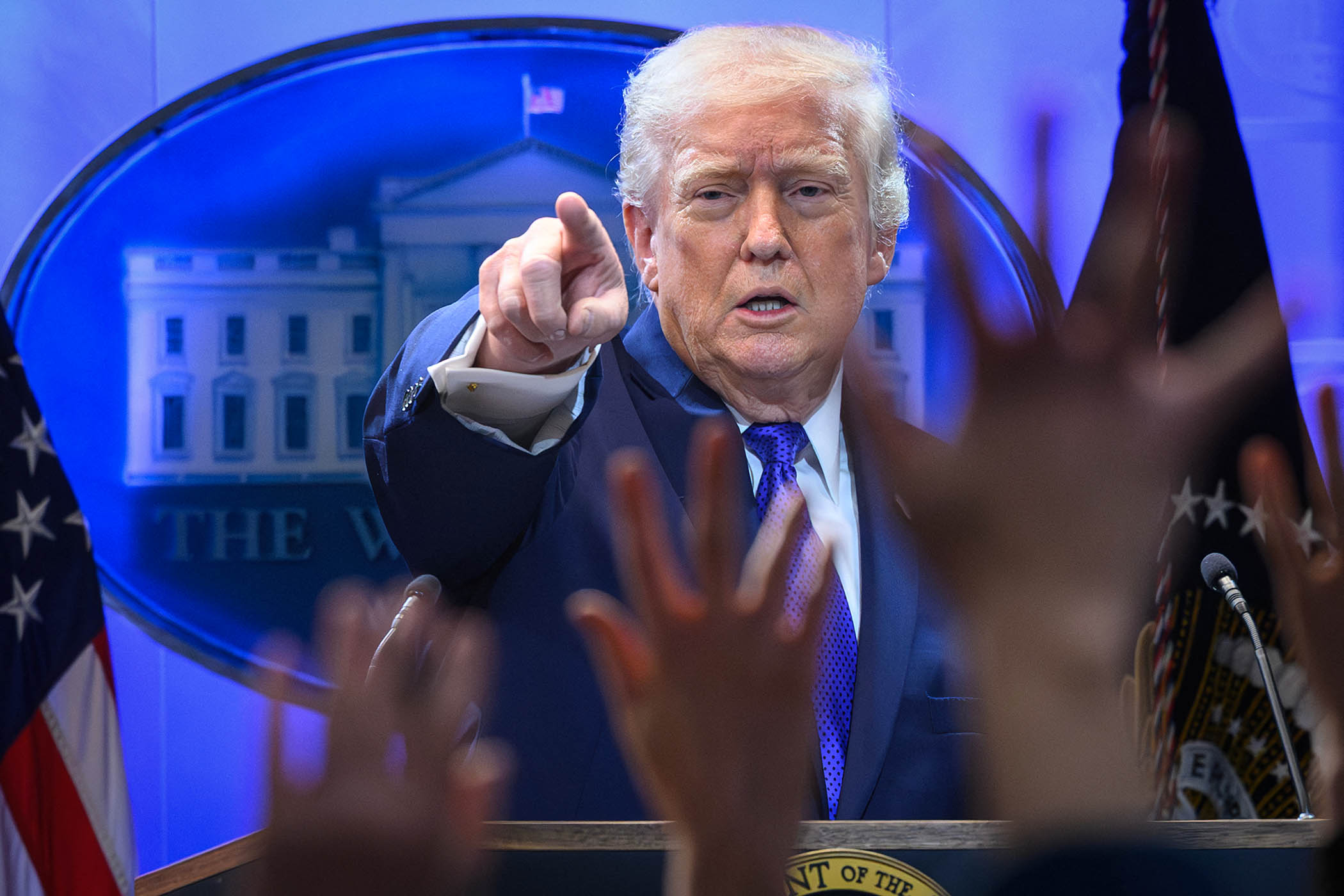How is this supposed to work? It may be the most direct and honest question about the attempt to link Donald Trump, Tony Blair and Benjamin Netanyahu in a new regional initiative. Three men who appear to share almost nothing, yet together embody a fading world struggling to understand the new order of the Middle East. The lines connecting and dividing them are both the risk and the opportunity.
At heart, they represent three versions of leadership in a changing world. Trump is nostalgia for an America that wants to withdraw but is repeatedly drawn back into global affairs. Blair is a remnant of idealistic global liberalism, broken on the rocks of reality. Netanyahu is the complete cynic, a master of control through permanent destruction. So how can they possibly work together?
The answer is simple: never leave Netanyahu alone, not even for a moment, on his domestic political field. He can only be restrained if he is beaten in the one arena he truly understands: Israeli politics itself.
Blair is a graduate of one of the most disastrous wars of deception: Iraq. He learned the hard way that public relations and intelligence briefings cannot be a substitute for truth. Iraq will follow him for ever. Netanyahu, by contrast, will leave this world convinced that manipulation can replace reality. And Trump, the inventor of alternative facts, completes the trinity. All three operate in an era when control of public perception has replaced what used to be called leadership.
Trump has now sent Blair to the front line, and the chemistry between the polished Briton and the brutal Israeli deserves attention. Blair was a pragmatic, pro-American reformer with a “third way” vision that combined free markets with social responsibility. Netanyahu began from the same place and then turned it upside down. He dismantled Israel’s welfare state, turned privatisation into a religion, and made egoism the foundation of governance. Blair saw the state as a tool to improve citizens’ lives; Netanyahu sees the citizens as a tool to preserve his own power.
Blair’s legacy is linked to reconciliation. From the Good Friday agreement in Northern Ireland to humanitarian interventions in Kosovo. Even in Iraq, despite the failure, there was a genuine belief in imposing a moral order. Netanyahu, by contrast, is an artist of endless conflict, an agitator rather than a resolver, a man who profits from fear and suppresses hope. Blair paid a price for his wars; Netanyahu only profits from them.
Both come from nations that have chosen isolation. Britain opted for Brexit, a separation from the continent in the name of imagined sovereignty. Israel under Netanyahu lives in a Middle Eastern version of Brexit: political and moral isolation presented as independence. Blair still saw Britain as a bridge between east and west. Netanyahu has surrounded Israel with walls of fear, prejudice, and denial: a fortress suspended between history and the future.
Meanwhile, the regional map has changed. This is not the empty “new Middle East” imagined by Shimon Peres but a harder, more pragmatic transformation. The Arab states have learned that survival depends on cooperation in economics, energy and stability. Saudi Arabia, the United Arab Emirates, Egypt and Jordan are forming alliances based on interests rather than ideologies. The Arab world is becoming more pragmatic, more secular, and more modern.
Israel could have been part of that story. It could even have become one of its leaders. Instead, Netanyahu, whose entire political existence feeds on fear and division, keeps Israel chained to its past. He preserves the old Israel, a nation always searching for the next enemy. A region being reborn now faces a state growing old.
This is where Trump and Blair come in. The partnership may seem improbable, but within it lies real potential. Trump brings power and showmanship; Blair brings experience and the language of reconciliation. Together they could frame a new kind of regional order: yin and yang. Not another peace process of the 1990s, but a regional reform project: a political and economic structure in which Israel is no longer the problem but part of the solution.
Newsletters
Choose the newsletters you want to receive
View more
For information about how The Observer protects your data, read our Privacy Policy
To overcome Netanyahu’s obstinacy, they must do something both simple and revolutionary: speak over his head directly to Israeli society. Let him taste the same bitter cup he once served Barack Obama. The sane majority of Israelis wants to belong to the world, not withdraw from it – to integrate into the Middle East, not isolate itself from it. It is waiting for two Atlantic partners to extend a hand and help it save itself.
The same with the Palestinian partner who must be spoken to: not through the usual diplomatic gestures but with genuine empathy. The same compassion that American leaders have shown to the families of Israeli hostages abandoned by their own government must now be extended to the Palestinian collective. The world must listen to their tragedies and traumas, understand the scale of the devastation, and open its heart without judgment.
Any serious conversation about the future must begin with this recognition of pain and the shared need for healing. Two principles should follow. The first is simple and just: every human being living between the river and the sea has the right to the same rights and the same freedoms. What is due to an Israeli must also be due to a Palestinian.
The second is that the immense sacrifice inflicted in the name of failed leadership must become the cornerstone of a new moral commitment. Never again Gaza. Never again devastation. Not for Palestinians, and not for Israelis. Your suffering is the greatest contribution to a future that will fight evil for ever.
The Palestinians, children of that tragic and sorrowful people, are human beings who yearn for hope, just like every other person and nation. There is nothing that should diminish or dismiss their longing for normality, for a life of dignity, and for the granting of hope to their children and the generations to come. Try them, they are more ready than ever.
The Middle East has moved forwards; only Netanyahu’s Israel remains behind. Yet beneath the surface something else is taking shape, a generation of Israelis who understand that their future lies not in isolation but in integration, that the enemies of yesterday can become the partners of tomorrow. That is the audience Blair, Trump and the region’s new leaders should speak to.
If Trump and Blair can offer a realistic plan for regional reconstruction, combining security, investment and infrastructure, they will generate a new kind of pressure inside Israel. Not from tired opponents, but from patriots who wish to save their country from itself and the cult that abducted it.
The emerging regional union will not replace Israel; it will replace Netanyahu. It will tighten the rope of change around the neck of the man who refused history, and bring his long rule to its end.
And when that happens, one truth will become clear: Netanyahu is smaller than the history he tried to stop. Because history has already moved on. The new Middle East is no longer a dream; it is a reality in the making, a network of nations seeking a shared future. And when that future arrives, Netanyahu will be left alone, with the conservatives, the zealots, and the illusion that he still matters in a world that has stopped believing in him.
Photograph by Moshe Milner/Getty



